Established in 1841, the Boston Vigilance Committee was an abolitionist group which assisted with the escape, protection, and settlement of fugitive slaves. The group’s main opposition came in the form of slave catchers from the South.
Formation of the Boston Vigilance Committee
On June 4, 1841, a public call was put out with Charles Turner Torrey. Massachusetts born-and-raised, Torrey was considered one of the more aggressive abolitionists of the time but well respected. He would become known for taking an extremely active role in the Underground Railroad. By the end of the end of his life had helped in freeing 400.
Abolitionist William Cooper Nell remembered the meeting and noted that it drew all kinds of like-minded people from different walks of life. Nell and Torrey would serve as part of the Boston Vigilance Committee’s inner circle as officers and the executive committee.
The same evening, the Committee wrote the main article of its constitution which laid out the core focus of the group. As the head of the Committee, Torrey was more accustomed to extremely active means to achieve the group’s goals. The constitution’s first article noted that it would use “every legal, peaceful, and Christian method, and none other.”
What this pointed to was a slow crawl approach to achieving its goal. Before the year was out, Charles Turner Torrey left the group and settled in Washington D.C. to begin work in freeing slaves.
Legal Complications
One of the main problems for the Boston Vigilance Committee was that it took a political approach to abolitionism. This meant, it initially worked within the law. As a result, its hands were tied as to what it could do.
Such was the case of the Fugitive Slave Act of 1793. This meant that the federal government had to help slave owners and hunters bring captives back as a means of protecting property rights. It also meant that the states couldn’t help or harbor fugitive slaves.
In response to this groups and individuals took it upon themselves operate against the law. One group that eventually folded into the Boston Vigilance Committee was the New England Freedom Association which also used the African Meeting House.
The group worked around the laws in freeing Blacks but their jobs were made even more difficult with the passing of the Fugitive Slave Act of 1850 which made it so that states had to assist in capturing fugitive slaves.
REFERENCE
–http://primaryresearch.org/boston-vigilance-committee-expenses/
-http://primaryresearch.org/bh/research/woitunski/index.php
-http://theliberatorfiles.com/boston-vigilance-committee-formed/





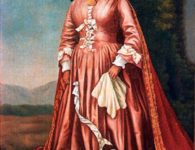
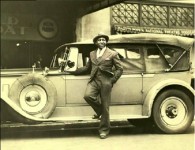


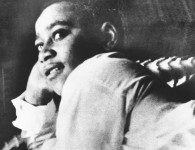
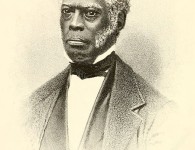
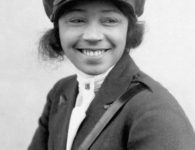
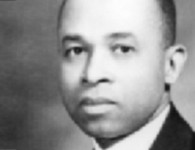
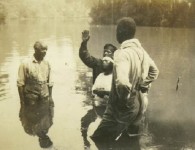
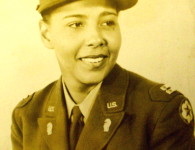

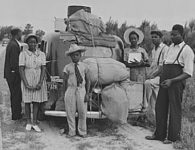
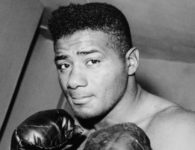
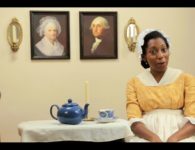


No comments